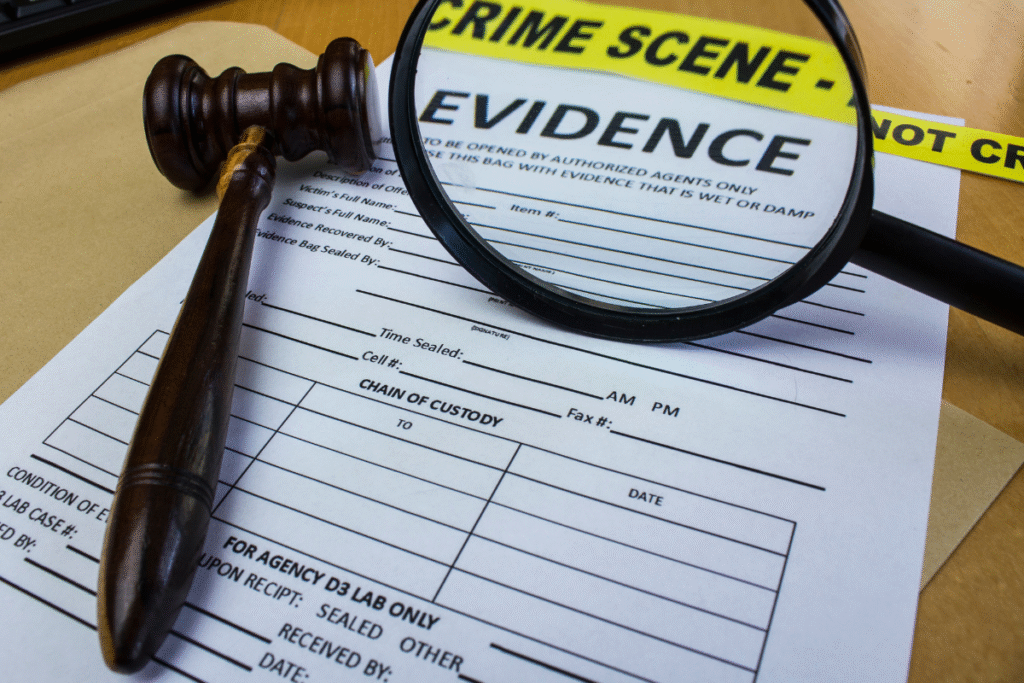
Sorting out a will dispute is rarely simple. Questions often arise about whether the person creating the will fully understood what they were doing and why their choices matter. In these moments, a forensic psychiatrist in Atlanta can provide clarity that the court cannot find on its own.
Dr. Dwight A. Owens, M.D., brings a unique blend of medical knowledge and legal insight to these cases. His evaluations go deeper than surface conversations, looking at memory, judgment, and decision-making in ways that reveal the truth. Judges and families turn to this expertise when the stakes involve money and trust.
Below, you’ll see how forensic psychiatrists carefully determine testamentary capacity in will contests and why their role can make or break a case.
Conducting Clinical Interviews That Test Real-World Understanding
A clinical interview gives insight into how a person thinks when faced with real situations. Psychiatrists often ask questions that mirror daily decisions rather than basic facts. For example, they may ask how someone would divide property among different family members.
The answers provide more than a measure of memory. They reveal how the person reasons through choices and whether they show fairness in their thinking. Courts value these insights because they reflect the ability to make informed and responsible decisions about a will.
Testing Cognitive Function With Nuance
Forensic psychiatrists look beyond short memory tests and focus on higher-level thinking. They examine executive function, which involves planning, organizing, and controlling impulses. They also assess abstract thinking and whether a person can understand broader ideas and connections.
Another key area is the ability to weigh consequences. Even small gaps in these skills can affect judgment in important decisions. Careful testing helps reveal weaknesses that a quick exam would overlook.
Assessing Awareness of Beneficiaries With Context
A valid will depends on more than simply naming people. The individual must also understand who those people are and the roles they play in the family. This awareness shows whether decisions reflect true intent.
Forensic psychiatrists examine how choices match family dynamics. They assess whether the reasoning behind leaving assets to certain people is logical and consistent. These insights help confirm whether the will reflects a clear understanding.
Checking for Coercion or Undue Influence Subtly
Psychiatrists pay attention to small signs that suggest outside pressure. Body language, hesitation, or answers that sound rehearsed can point to influence. These cues often reveal more than direct questioning.
They also review changes in the will itself. A sudden shift that conflicts with long-standing intentions raises concern. This careful review helps identify whether the person’s choices were their own.
Why You May Need a Forensic Psychiatrist in Atlanta
Will contests often come down to whether someone could make clear, independent choices, and that’s where expert insight changes everything. Dr. Dwight A. Owens, M.D., offers the kind of careful evaluation that gives courts the answers they need. If you’re facing questions about testamentary capacity, his guidance can help bring fairness and clarity to the process.
Key Takeaways
How do forensic psychiatrists determine if someone had the capacity to make a will?
They use clinical interviews and cognitive testing to determine whether the person understands their decisions and their consequences. The focus is on memory, reasoning, and fairness in judgment.
What signs show a will may have been influenced by pressure or coercion?
Psychiatrists watch for hesitation, forced-sounding answers, and sudden changes in will terms that don’t match past intentions. These signals suggest outside influence on the person’s choices.
Why does awareness of family relationships matter in will disputes?
A valid will requires understanding who the beneficiaries are and why they might expect to inherit. Forensic psychiatrists check if decisions align with family dynamics and true intent.